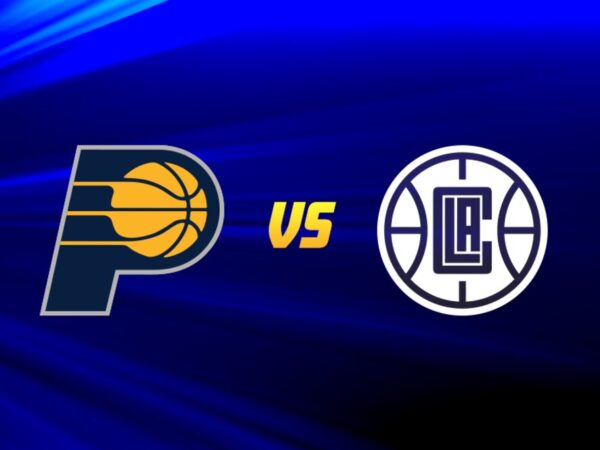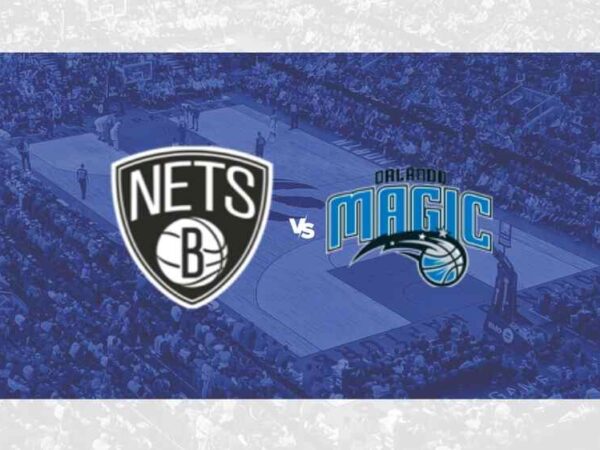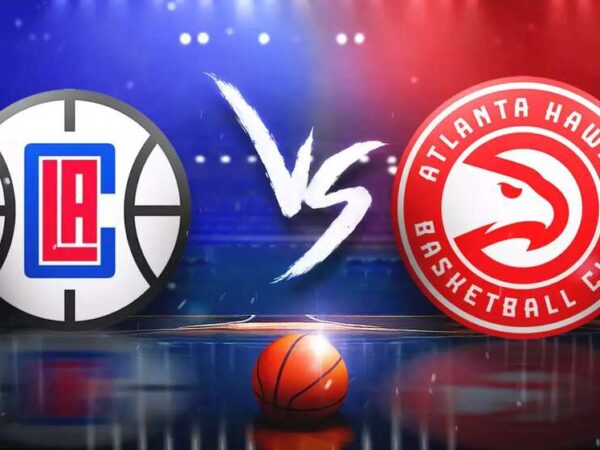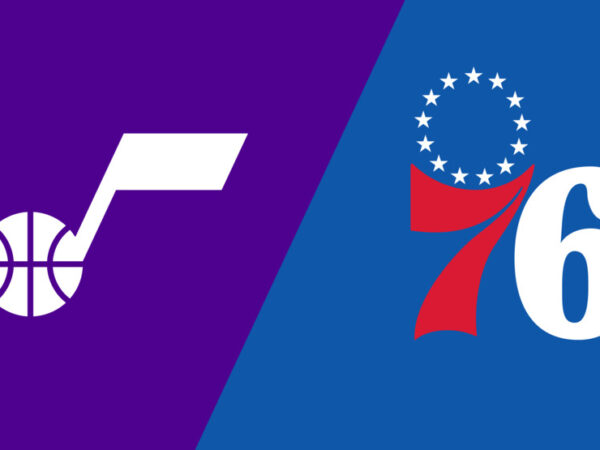Houston Rockets vs New Orleans Pelicans Match Player Stats
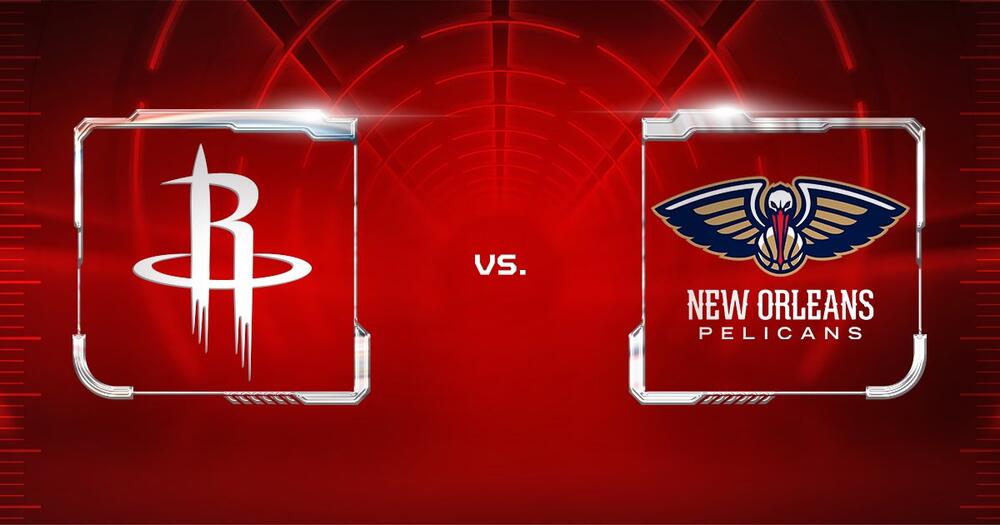
Introduction
The match between the Houston Rockets and the New Orleans Pelicans is more than just a game—it’s a clash of strategies, skills, and raw talent. Both teams have a storied history of ups and downs in the NBA, and their face-offs are always a treat for basketball enthusiasts. The October 15, 2024, game added another chapter to their rivalry, showcasing remarkable individual performances and team dynamics. Player statistics often serve as the best lens to analyze such games, shedding light on the strengths and weaknesses of each squad.
Historical Head-to-Head Performance
Historically, closely contested games have marked the rivalry between the Houston Rockets and New Orleans Pelicans. With the Rockets known for their high-paced offense and the Pelicans boasting a balanced mix of youth and experience, their head-to-head matchups have often been unpredictable. Over the past five seasons, the Rockets have maintained a slight edge in the win-loss column. Still, the Pelicans have delivered crucial victories in playoff contention scenarios.
Notable games include the 2022 overtime thriller, in which the Pelicans edged out the Rockets with a buzzer-beater, and the Rockets’ dominant 2023 win, driven by an explosive 50-point performance from their star guard. These games highlight the intensity and unpredictability that define this matchup.
Recent Matchup Analysis
The latest encounter on October 15, 2024, ended with the Houston Rockets securing a commanding 118-98 victory over the New Orleans Pelicans. The game showcased offensive firepower, strategic adjustments, and individual brilliance.
The Rockets took control early in the first quarter, leveraging fast breaks and sharp three-point shooting to build a double-digit lead. Despite a spirited third-quarter rally by the Pelicans, the Rockets maintained their composure and closed the game firmly. Key moments included a dominant defensive stretch by the Rockets in the second quarter, where they limited the Pelicans to just 15 points, and a fourth-quarter scoring spree by their bench players.
Houston Rockets Player Statistics
Standout performances across the roster powered the Houston Rockets’ win. Their star shooting guard led the charge and tallied 34 points, seven assists, and six rebounds. His shooting efficiency—hitting 12 of 18 shots, including five three-pointers—set the tone for the game. Complementing him was the team’s versatile forward, who contributed 22 points and ten rebounds, showcasing his prowess on both ends of the court.
Defensively, the Rockets were anchored by their center, who recorded four blocks and 12 rebounds. His presence in the paint disrupted the Pelicans’ offensive rhythm, forcing them into low-percentage shots. The Rockets’ bench also played a crucial role, adding 35 points, with their backup guard contributing 15 points and five assists in just 20 minutes.
The team’s 52% overall shooting percentage highlighted its offensive efficiency, while its ability to force 15 turnovers underscored its defensive tenacity.
New Orleans Pelicans Player Statistics
The New Orleans Pelicans struggled to match the Rockets’ pace and precision but had bright spots in individual performances. Their standout player was the star forward, who scored 28 points, grabbed eight rebounds, and dished out five assists. Despite facing double-teams throughout the game, he remained the focal point of the Pelicans’ offense.
Another notable performer was their rookie guard, who contributed 18 points and showed flashes of his potential with his quick drives and accurate shooting. Defensively, the Pelicans’ veteran center registered three blocks and ten rebounds, providing a solid interior presence.
However, inefficiency plagued the team, with a shooting percentage of just 43%. Turnovers were also a significant issue, with ten leading directly to the Rockets’ fast-break points. The lack of bench production further hurt the Pelicans, as their reserves managed only 20 points collectively.
Comparative Analysis
A side-by-side comparison of the player stats reveals stark contrasts that shaped the game’s outcome. While the Rockets excelled in shooting efficiency and ball movement, the Pelicans struggled to convert opportunities. The Rockets’ 12 three-pointers compared to the Pelicans’ 7 underscored the gap in perimeter shooting.
Rebounding was another area of dominance for the Rockets, who outrebounded the Pelicans 50-42. The Rockets’ bench outscored their counterparts by 15 points, showcasing their depth. Defensively, the Rockets forced five more turnovers than the Pelicans, capitalizing on these opportunities to score 20 points off turnovers.
Impact of Player Performance on Team Dynamics
Individual performances played a pivotal role in shaping the dynamics of the game. The Rockets’ balanced scoring and defensive intensity lifted the team’s morale, enabling them to maintain momentum even during the Pelicans’ third-quarter comeback. The chemistry between the Rockets’ guards and forwards was evident in their seamless ball movement and scoring transitions.
On the other hand, the Pelicans relied heavily on their star players, which sometimes made their offense predictable. While the rookie guard’s performance was a positive takeaway, the lack of contributions from other players highlighted a need for better team synergy and bench production.
Statistical Trends and Patterns
Analyzing the statistics of this and previous games reveals recurring trends that provide insights into the teams’ strengths and weaknesses. The Rockets’ ability to dominate in transition and generate points off turnovers has been a consistent theme. While a strength, their reliance on three-point shooting can become a vulnerability against teams with solid perimeter defenses.
The Pelicans, meanwhile, have shown a pattern of inconsistent offensive production. While their top players often deliver, the team’s dependency on them makes them susceptible to defensive schemes designed to neutralize star power. Improving bench contributions and reducing turnovers are areas the Pelicans must address to improve their chances in future matchups.
Conclusion
The October 15, 2024, game between the Houston Rockets and New Orleans Pelicans was a testament to the impact of individual performances and team dynamics on the court. The Rockets’ efficiency, depth, and defensive intensity gave them a decisive edge. At the same time, the Pelicans’ struggles with turnovers and bench production underscored areas for improvement.
By delving into player statistics, we gain a deeper understanding of the game’s nuances and the factors that tipped the balance. As these two teams continue their rivalry, their performances will undoubtedly evolve, offering new lessons and thrilling moments for fans and analysts alike.
Do Read: Augie Martinez: Athlete, Mentor, and Leader Shaping the Future



